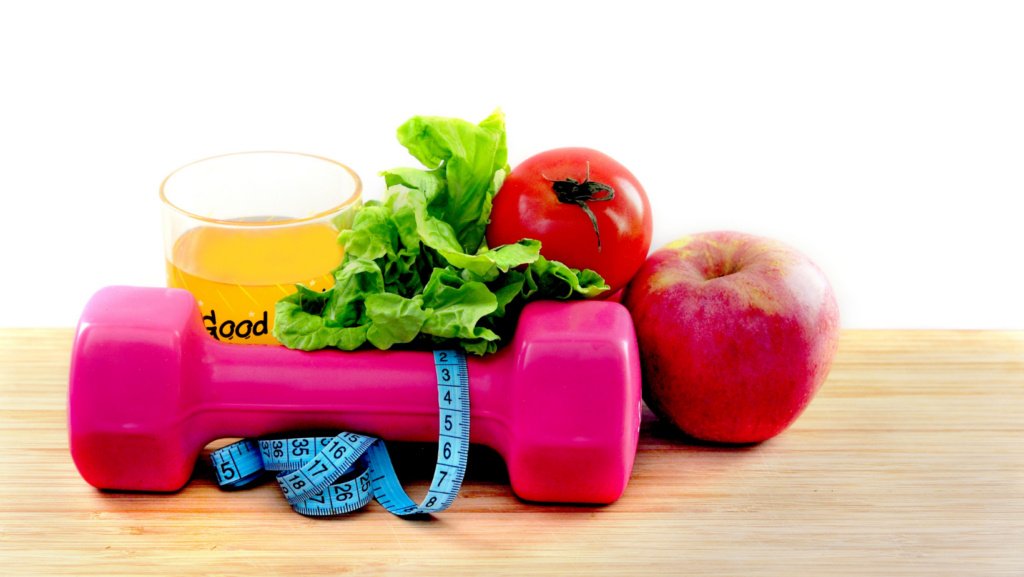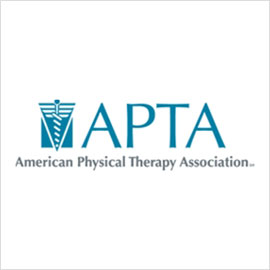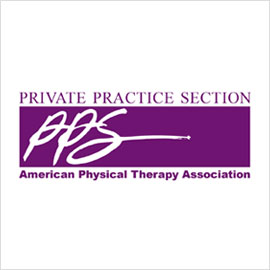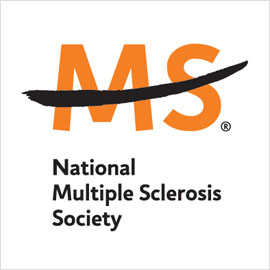
Staying healthy is likely at the top of your list almost every winter. But this year, in the midst of a pandemic, it may be even more of a concern than usual. You might wonder: should you be taking special supplements to boost your immune system, or investing in cleaning devices to zap germs?
While the viral threats may be different from usual this year, the truth is that you should still be using many of the same strategies that you use in a typical year. Below are five of his top tips that can help you keep yourself and your loved ones safe.
Clean your hands
Practicing good hand hygiene. Washing with simple soap and water, and using an alcohol-based hand sanitizer when soap and water aren’t available, can help keep you from transporting germs from an infected surface to your eyes, nose, or mouth. Also, be sure to follow local and state recommendations, which may include additional strategies such as wearing a mask and avoiding large gatherings, particularly indoors.
Eat healthy and exercise
Prime your immune system to effectively fight disease by keeping your body healthy. Follow a nutrient-rich diet that includes lots of fruits, vegetables, and whole grains. Also, exercise regularly, and get enough sleep. “Being in good health helps us to resist infectious diseases.
Don’t skip doctor visits
Some people may fear getting exposed to illness, so they decide
to avoid routine screenings and doctor’s appointments. But they may be putting themselves at higher risk by doing so.
“Doctors’ offices are now equipped for routine visits in a coordinated and safe manner.” Whether you show up in person or visit via video, it’s important to check in periodically with your doctor. Screenings are important for maintaining overall health and catching potential problems early, when they are most treatable.
Get vaccinated
Vaccinations aren’t only for kids; they’re a proven means of boosting your immune system to
protect against certain viruses and other infectious agents. Although COVID-19 has taken center
stage recently, don’t forget about traditional threats, such as the flu. Getting your annual flu shot
is essential this year. Adults should also make certain that they are up to date on their tetanus shot,
which should be given every 10 years, and consider getting the newer shingles vaccine, called
Shingrix, which is recommended to everyone over age 50. It’s designed to prevent the virus that causes
chickenpox (which remains in the body even after the infection has cleared) from reactivating and
causing the painful shingles rash and other symptoms.
Adults over age 65 may also want to consider the pneumococcal vaccine to protect against a type of pneumonia unrelated to COVID-19. And stay tuned for news about about the vaccine that could protect against COVID-19.
Be skeptical
A host of products on the market claim to protect you from germs — “self-cleaning” surfaces, ultraviolet (UV) lights, and even substances you’re supposed to ingest, says Starnbach. Many of these items have some scientific basis, but it’s often a big leap from that basic science to the final product, he says. For example, one type of “self-cleaning” surface claims to use crystals to kill germs. While those crystals might indeed kill germs in a laboratory, it’s not at all clear that they work the same way to kill germs in a real-life setting, says Starnbach. So, there is much room for skepticism.
The same is true for UV lights. UV light at certain wavelengths definitely has the ability to kill bacteria and viruses; however, those specific wavelengths are also dangerous to human eyes and skin. Plus, in order to work, the light has to come into contact with the virus. Most viruses you pick up in the environment are contained in droplets of mucus, he says. UV light typically can’t penetrate the mucus, which means it can’t deactivate the virus. Even something as simple as dirt can cast shadows that keep the light from reaching its target. Fogging devices run into the same problem. They can really disinfect only if the surface is cleaned first. Ultimately, the best way to keep your environment germ-free is to wipe surfaces clean and then disinfect to deactivate any virus. You don’t need any special devices, just a rag and some generic cleaning products






